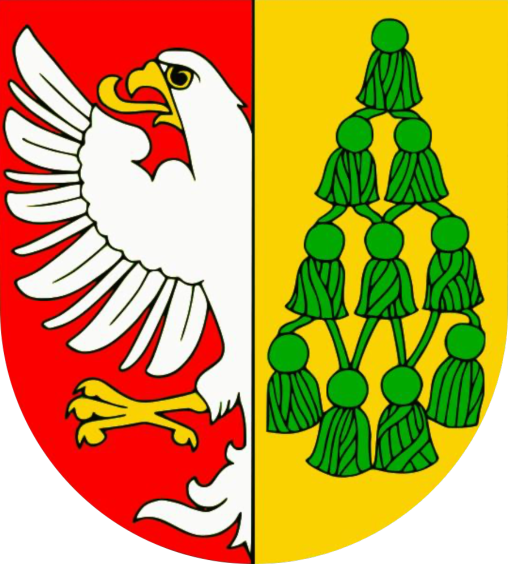Collection for the memorial - history
Collection for the memorial
I don't want to create chaos in the time sequence of events in our chronicle, but circumstances force me to skip a few pages, even a few years. You are wondering, I want to bring you up to date on an event that seems to replicate a more recent time.
The year was 1928. Our country was celebrating 10 years of an independent republic. The District Education Committee in Jílové came up with a magnificent proposal to build a monument at Křížkách, commemorating the Hussite glory. The Sulická municipality donated 1 hectare of land for this purpose. Surrounding municipalities and institutions supported this idea and donated various amounts of money for this purpose. The citizens of Vesteč were not left behind. The local educational organization organized a money collection.
All donors are published in the Chronicle. There were 53 donors in total.The municipality and wealthier citizens contributed 50 CZK each. The most frequent contributions were 5, 10 or 20 CZK. The largest amount - 70 CZK - was donated by Mrs. Hluštičková, the municipality and Mr. E. Dobiáš each contributed 50 CZK. The collected amount of CZK 922,15 was given to the Education Commission in Jílové.
The chronicler describes this event with real enthusiasm and pride, showing that the citizens were fully aware of their belonging to a country with such a rich past.
The somewhat forgotten stone monument Na Křížkách, built by master Šaloun, is still a silent witness of the passing of time. It is hidden in the shade of tall trees, not far from the busy crossroads where the main road from Prague to Benešov crosses the district road to Sulice and on the other side to Křížkový Újezdec.
In 1419, on Saturday, 30 September, the radical preachers (Václav Koranda) convened a pilgrimage to this memorable place (the so-called pilgrimage on the mountains). After the end of the harvest work, the Hussite countryside was reactivated. Heavy clouds hovered over the brotherhood of the Hussite faith, but the meeting was held in a spirit of mutual love. The participants, the pilgrims, had no weapons except their staffs, no image of apocalyptic horror was yet on the horizon. It is said that the pilgrims even valued their daily bread so much that, at the urging of a squire, they collected money among themselves to reimburse the poor farmers for the damage to their trampled seeds.
At the end of the 1920s, national pilgrimages were held at the memorial in late June to celebrate M. Jan Hus and the burning of the border.
Blanka Pašková, chronicler
